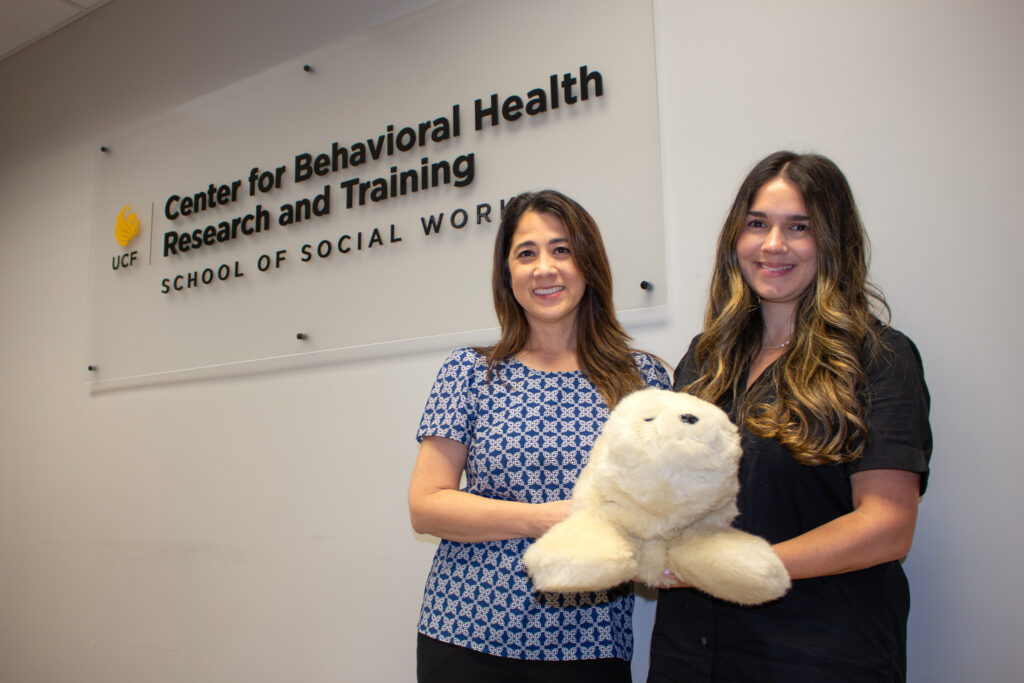There is an increased need for mental health professionals to understand the culturally-based health beliefs of minority groups. UCF Social Work Assistant Professor Xiaochuan (Sharon) Wang discusses some mental illness stigmas present within the Asian American elderly community and the need to tailor mental health access for that population.
Literature suggests that Asian Americans use mental health services approximately two-thirds less than white people and have the lowest rate of mental health service utilization among all racial and ethnic groups in the U.S. Due to a heightened risk of mental illnesses, greater reliance on family, and strict adherence to traditional Asian cultural values which stigmatize mental illnesses, “under-utilization of mental health services is particularly salient among the elderly Asian American population,” said Wang.
While mental illnesses have recently become better understood in western cultures, “causes of mental illnesses are perceived as lack of harmony of emotions, or in some extreme cases as evil minds, in many Asian cultures,” said Wang.
Along with that, some older Asian Americans are reluctant to seek mental health services for themselves, or their family members, in the hope of “saving face,” or keeping the pride and honor of the family aligned with traditional Asian attitudes and values.
The underuse of mental health services by elderly Asian Americans may be a determinant of the limited mental health agencies that cater to their cultural needs. To address this, Wang suggests ways students and practitioners can strive to provide mental health services in a non-stigmatizing manner.
“In class, we explore different strategies that may help address the design and delivery of culturally and linguistically appropriate services for this population. We go over how cultural competence training and how resources (e.g. educational seminars on mental health) shared between the family caregivers and helping professionals can help ease the stigmas associated with getting help,” said Wang who also advocates for the need to integrate mental healthcare into physical check-ups or primary health care.
If mental healthcare providers can offer culturally-based services to minority communities like the elderly Asian American population, then, there is a greater opportunity to destigmatize the beliefs surrounding mental illnesses.








